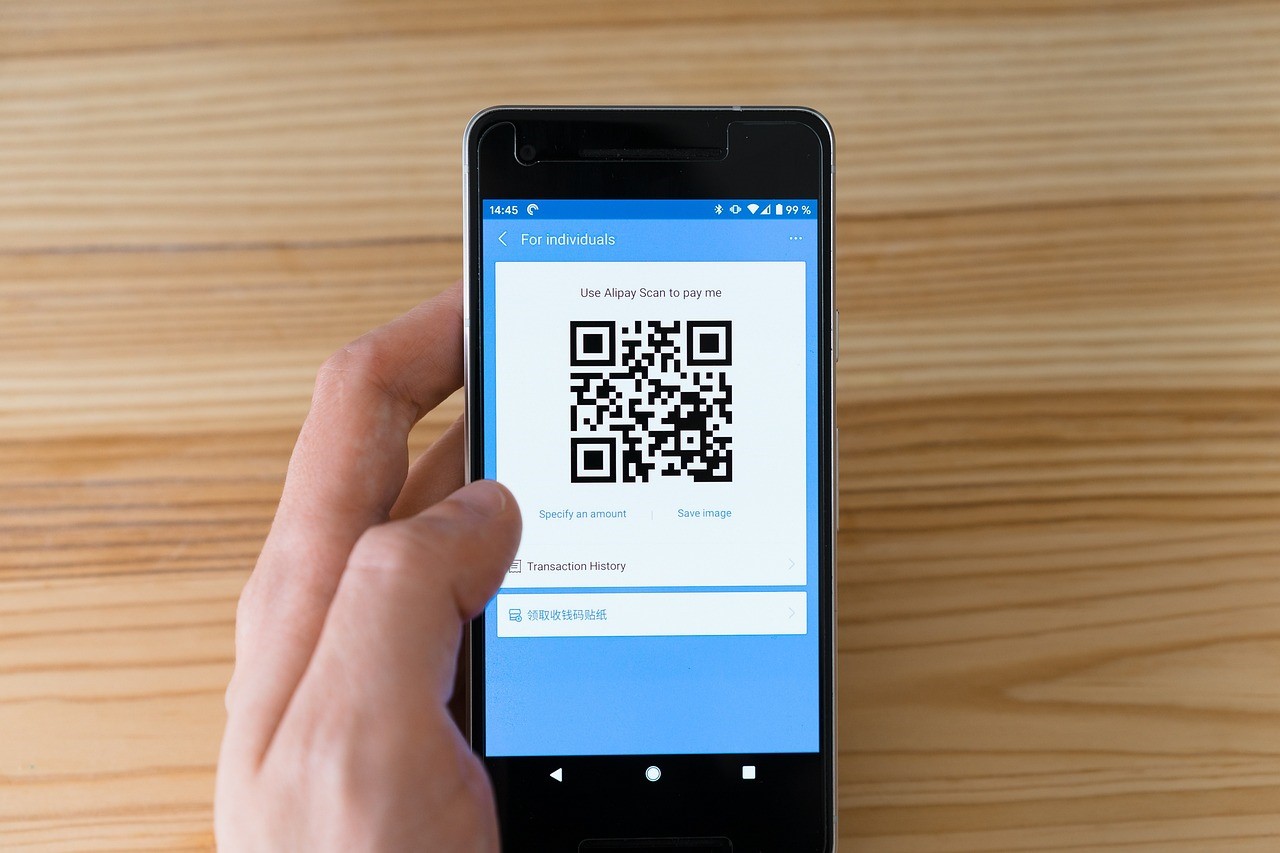China’s digital payments are a testament to the country’s drive for convenience and innovation. The payment process for daily expenses in China such as ordering food at restaurants, booking tickets for attractions, and ordering food delivery is mostly digital-based. However, for foreigners looking to fully immerse themselves in China’s vibrant culture and modern lifestyle, the first step begins long before making a payment — it starts with securing smooth entry into the country.
Download our 2024 China Summer Sports Market report

How the country has made it easier for foreigners
Visa and access enhancements
China has streamlined its visa processes by offering visa-free entry for citizens of select countries and extending visa-free periods for others, such as the 15-day visa-free policy for group tourists from ASEAN countries and the 144-hour visa-free transit policy for travelers from over 50 countries, including the U.S., Canada, and Germany. Currently, the visa application process has become more efficient, reducing bureaucratic delays and improving accessibility for foreign visitors. For example, popular tourist cities like Shanghai and Beijing have simplified visa procedures, ensuring that more travelers can experience China’s rich culture and diverse landscapes.
Digital transformation of tourism
A major shift has occurred in how tickets are purchased for tourist attractions. Before, international travelers used to face long queues at ticket counters. Now they can easily book tickets in advance through platforms like Meituan or Trip.com. These apps allow tourists to avoid waiting in lines, improving both convenience and efficiency.
Improved transportation networks
Transportation upgrades have been a cornerstone of China’s tourism expansion. Vast high-speed rail networks, upgraded airports, and timely public transit systems make it easier than ever to travel across the country. Major cities like Beijing and Shanghai have also enhanced multilingual signage at major tourist destinations to cater to international visitors. Popular tourist destinations also offer multilingual guides at affordable rates to improve the overall experience.
What foreigners need to know about China’s digital payments
China has long been a cashless society, and its digital payment systems such as Alipay and WeChat Pay are central to this revolution. However, for international visitors, they may face some challenges in accessing these systems.
How digital wallets work
Both Alipay and WeChat Pay function as digital wallets, enabling users to make payments through QR codes or linked bank accounts. International travelers can now link credit cards from global providers such as Visa and Mastercard. However, the full functionality of these platforms is often only accessible through Chinese bank accounts, which can complicate the process.
QR code payments and NFC integration
QR code payments dominate in China, with users simply scanning a code to complete a transaction. NFC (Near Field Communication) is now slowly being introduced, with stores like Starbucks and KFC adopting this technology in 2024, bringing China’s payment systems closer to global standards. In Q3 2023, Alipay and WeChat Pay recorded transaction volumes of RMB 118.19 trillion and RMB 67.81 trillion, respectively, accounting for over 94% of the total market share.

Source: Wechat account and Alipay account, logo of the major mobile wallet providers
Challenges for international visitors
Despite these advancements, many foreign tourists have faced challenges when attempting to use these payment platforms.
Registration issues
Historically, registration for Alipay and WeChat Pay required extensive documentation and sometimes even a Chinese phone number, complicating the process for foreigners. In cases where a visitor’s passport expired, the platform had to be re-registered under the new passport details, which was inconvenient for tourists.
Limited support for international cards
Both Alipay and WeChat Pay currently allow foreign users to link international credit cards, although some regions still don’t support all foreign cards.
Phone number verification
The Chinese phone number requirement was a major hurdle, especially for tourists with short stays. But recent updates have allowed for international phone numbers to be used for verification, easing the process for tourists. Yet, for long-term use or full functionality, a Chinese phone number is still required.
Recent changes: A policy and business perspective
Cities like Shanghai and Hainan have introduced preferential tax policies to attract foreign direct investment (FDI), including in critical sectors like healthcare. These policies have indirectly supported the growth of international payment systems.
Conclusion
In conclusion, China’s digital payment systems have undergone significant transformations over the years, revolutionizing the way foreign visitors travel and make purchases. Platforms like Alipay and WeChat Pay are at the heart of this shift, offering unparalleled convenience despite lingering challenges with registration and card compatibility for international users. Additionally, China’s efforts to ease visa policies and enhance transportation infrastructure have further improved accessibility, making the country more welcoming and navigable for travelers from around the world.
We offer consulting services for China’s tourism industry
China’s tourism market is a dynamic sector, influenced by shifting consumer preferences, technological advancements, and evolving traveling habits. Daxue Consulting offers expert market research in China, providing in-depth insights into the trends and challenges shaping the tourism industry.
Our comprehensive consumer understanding helps businesses refine their offerings and craft effective marketing strategies to resonate with local diners. Through our consulting services, we guide you to leverage emerging opportunities and navigate the competitive landscape. Reach out to us to discover how our expertise can drive your business’s success in China.






